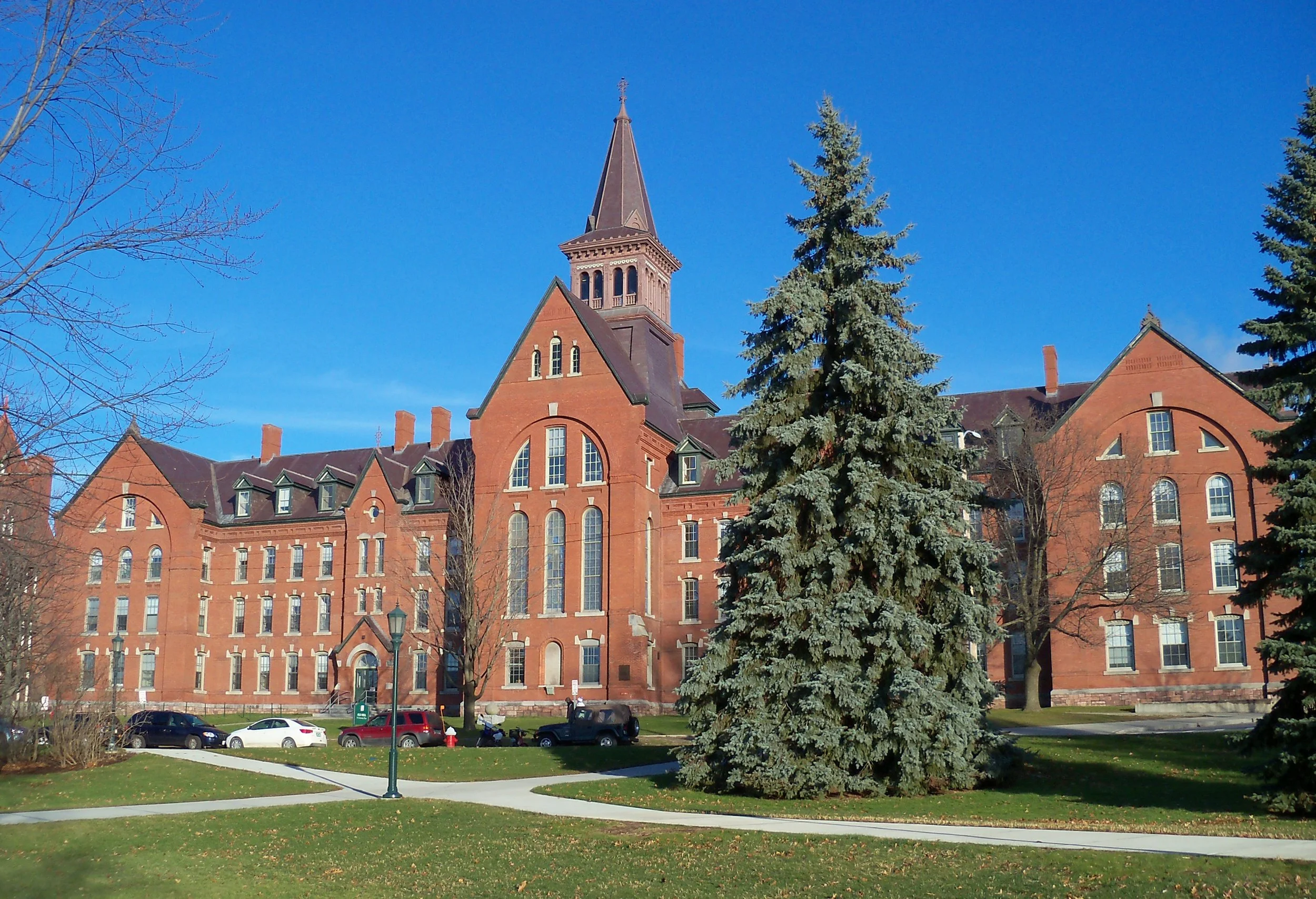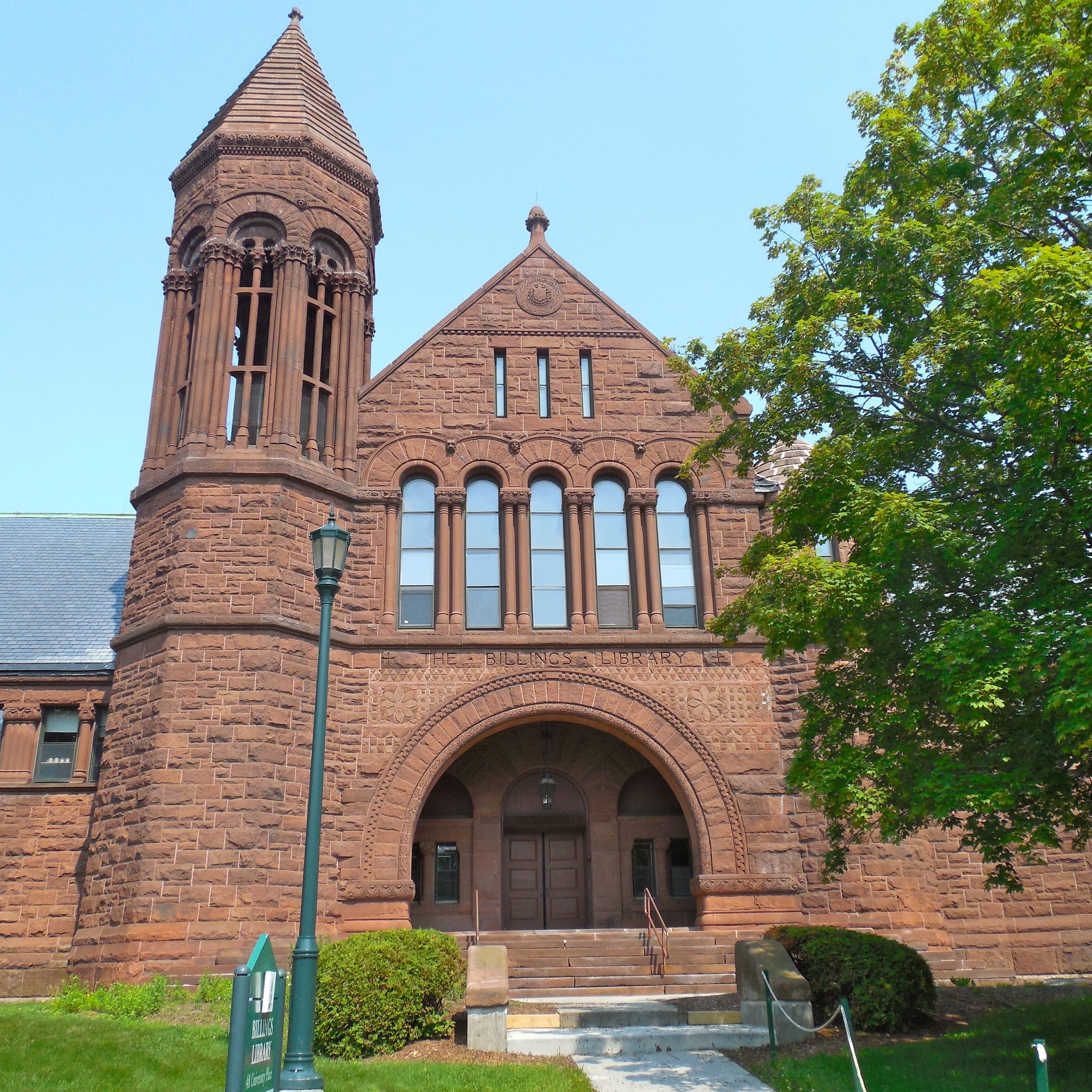Opinion: Is UVM As "Green" As They Claim?
The University of Vermont has been highly praised for its environmentally conscious efforts and sustainable decision-making, making them a role model for institutions all over the nation. As an Environmental Studies student in the Rubenstein School, I have been able to see these practices from a new, “behind the scenes” perspective as opposed to other students who are less aware of all the endeavors UVM has been working on for years. From the massive sustainable campus fund that allows students to propose research and create their own paid work for improving campus, to a sustainability requirement in everyone’s degree audit, on-campus solar energy at the forestry lab used as carbon offsets, and many LEED-certified buildings the administration’s starting efforts do not go unnoticed by students like me.
Nevertheless, it is important to understand that being a sustainable campus is a lot more than these proposals. Greenwashing is an extreme problem with marketing products and presenting certain information that is not fully true. To move towards a clean future, society must understand the concept of greenwashing and realize that not everything that is claimed to be “sustainable” can be trusted. Back when UVM began its sustainable marketing journey, I do think that it stood in a list of top green colleges, but as other universities have become more successful and had the funds to improve, UVM has been left behind. As for the student body, yes, I do believe that as a community we generally value a clean lifestyle more than the average college student. UVM is producing great environmental students, but as an institution, they are far from a top green school. It seems like so many projects and promises for the future have been set back and we are falling behind where we need to be to reach carbon neutrality.
However, this does not mean that UVM cannot change the pace of the future and start working harder to avoid greenwashing. The university must stop making empty promises to students and faculty about reducing carbon emissions and start making it a priority. If we have compostable eco-ware in the dining halls, why aren’t they being composted? Why are we advertising our dining halls valuing local-grown foods when this is rare? We have a sustainability learning community, yet the building is far from clean.
Vermont has the resources and passionate students to stand at the top of the list of green colleges if they put a bit more time and money into the process. From changing these greenwashed advertisements seen in our dining halls to systematic changes like switching over to all-electric university-owned vehicles or building green roofs on buildings besides Aiken to improve their footprint, a green future is very much possible.
I commend the university for beginning the first steps of change and being recognized by the Princeton Review, but this is not good enough. Other universities are catching on and to remain honorable, new steps are mandatory. The student body would love to contribute to the change, so it is time for the administration to want it as well. It may be expensive, but now is not a time to wait.



